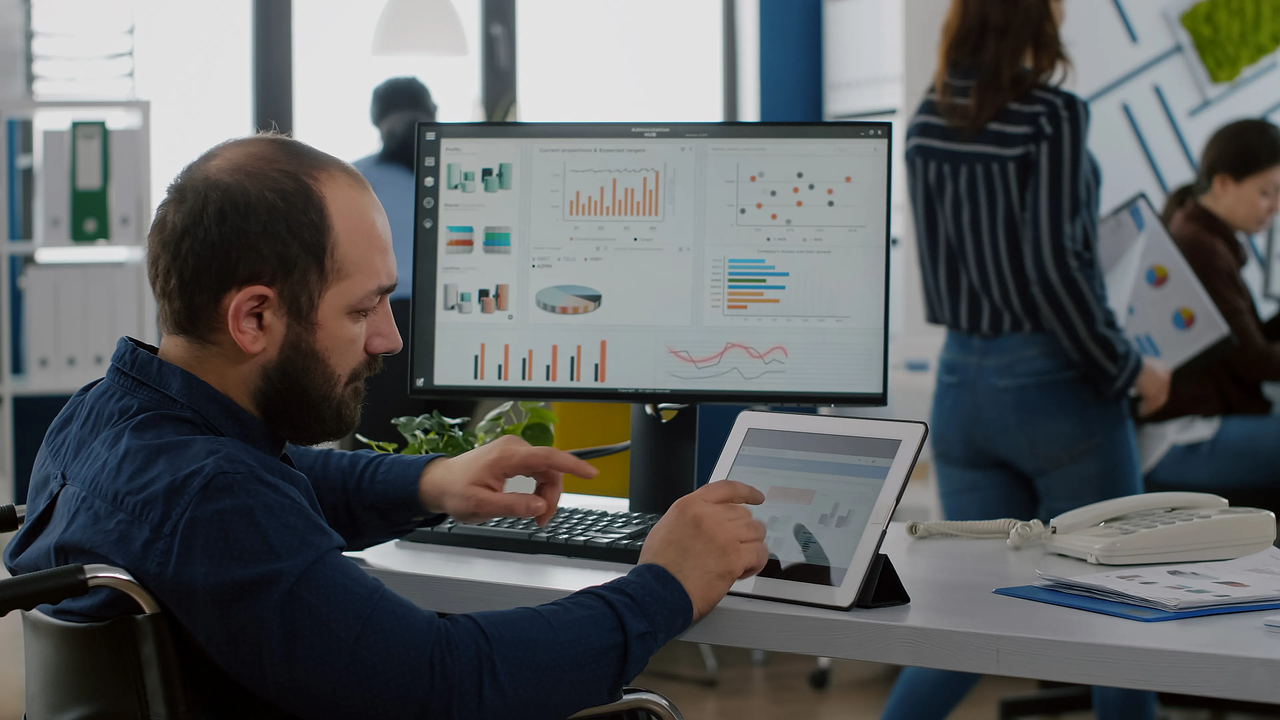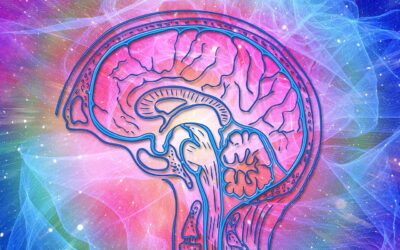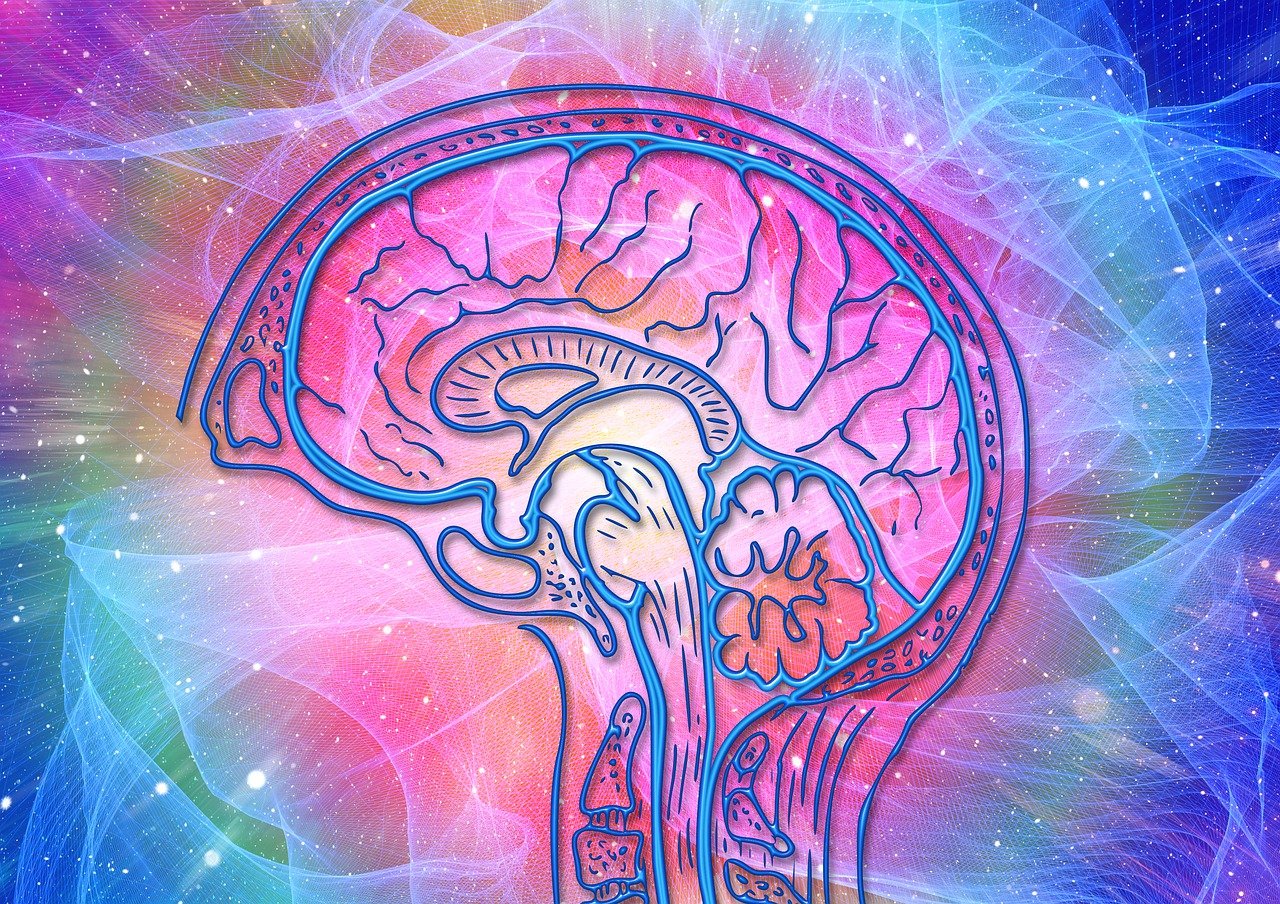The Human-AI Hybrid: Redefining Workplace Roles

As artificial intelligence (AI) continues to advance, the workplace is undergoing a profound transformation. Rather than replacing human workers, AI is increasingly working alongside them, creating a new paradigm: the human-AI hybrid workplace. This shift is redefining roles, skills, and the very nature of work itself.
The Rise of Human-AI Collaboration
The human-AI hybrid workplace is not a future concept—it’s already here. Studies show that companies using AI in collaboration with human workers are 61% more likely to report increased revenue growth than those not using AI [1].
How AI is Reshaping Traditional Roles
1. Customer Service
Traditional Role: Customer service representatives handling inquiries and complaints.
Human-AI Hybrid: AI chatbots handle routine queries, while human agents focus on complex issues and emotional support.
Key Human Skills: Empathy, problem-solving, and the ability to handle complex, nuanced situations.
2. Data Analysis
Traditional Role: Data analysts spending hours on data cleaning and basic analysis.
Human-AI Hybrid: AI systems perform data preparation and initial analysis, while human analysts focus on interpreting results and strategic decision-making.
Key Human Skills: Critical thinking, business acumen, and the ability to translate data insights into actionable strategies.
3. Healthcare
Traditional Role: Doctors and nurses handling all aspects of patient care.
Human-AI Hybrid: AI assists with diagnostics and treatment recommendations, while healthcare professionals focus on patient interaction, complex decision-making, and personalized care.
Key Human Skills: Medical expertise, emotional intelligence, and the ability to integrate AI insights with clinical judgment.
4. Manufacturing
Traditional Role: Factory workers performing repetitive tasks on assembly lines.
Human-AI Hybrid: Robots handle repetitive and physically demanding tasks, while humans oversee operations, perform quality control, and manage AI systems.
Key Human Skills: Technical knowledge, problem-solving, and adaptability to work with evolving technologies.
5. Creative Industries
Traditional Role: Designers and content creators handling all aspects of the creative process.
Human-AI Hybrid: AI tools assist with initial designs or content generation, while human creatives focus on refinement, emotional resonance, and brand alignment.
Key Human Skills: Creativity, aesthetic judgment, and the ability to leverage AI tools to enhance creative output.
Emerging Hybrid Roles
The human-AI workplace is also giving rise to entirely new roles that bridge the gap between human expertise and AI capabilities.
1. AI Trainers
These professionals work to improve AI systems by providing human input and feedback, helping AI models understand nuanced human behaviors and contexts.
2. AI-Human Interaction Designers
Specialists who design interfaces and workflows that optimize collaboration between humans and AI systems.
3. Algorithmic Bias Auditors
Experts who assess AI systems for potential biases and work to ensure fair and ethical AI decision-making.
4. AI Explainability Specialists
Professionals who translate complex AI decisions into understandable terms for non-technical stakeholders.
Skills for the Human-AI Hybrid Workplace
To thrive in this new environment, workers need to develop a unique set of skills that complement AI capabilities [2].
1. AI Literacy
Understanding AI’s capabilities, limitations, and potential applications in one’s field.
2. Adaptability and Continuous Learning
The ability to quickly learn and adapt to new AI tools and changing work processes.
3. Critical Thinking and Complex Problem Solving
Skills to tackle problems that AI can’t solve alone and to critically evaluate AI outputs.
4. Emotional Intelligence and Interpersonal Skills
Capabilities that AI currently can’t replicate, crucial for team collaboration and leadership.
5. Ethical Judgment
The ability to navigate the ethical implications of AI use in the workplace.
Challenges in the Human-AI Hybrid Workplace
While the potential benefits are significant, the transition to a human-AI hybrid workplace is not without challenges [3].
1. Workforce Anxiety
Many employees fear job displacement due to AI. Clear communication and reskilling initiatives are crucial to address these concerns.
2. Trust in AI Systems
Building trust in AI among employees and ensuring they understand when to rely on AI and when to apply human judgment.
3. Data Privacy and Security
As AI systems handle more data, ensuring privacy and security becomes increasingly complex.
4. Ethical Considerations
Navigating the ethical implications of AI decision-making in various industries and roles.
Preparing for the Human-AI Hybrid Future
Organizations and individuals can take several steps to prepare for this new era of work [4].
For Organizations:
- Invest in AI literacy training for all employees
- Develop clear strategies for human-AI collaboration
- Create ethical guidelines for AI use in the workplace
- Foster a culture of continuous learning and adaptation
For Individuals:
- Embrace lifelong learning, particularly in AI and digital skills
- Focus on developing uniquely human skills like creativity and emotional intelligence
- Seek opportunities to work alongside AI to gain practical experience
- Stay informed about AI developments in your industry
Looking Ahead: The Evolving Human-AI Relationship
As AI continues to advance, the nature of human-AI collaboration will evolve. Future trends may include:
- More sophisticated AI partners capable of handling increasingly complex tasks
- Enhanced human augmentation technologies that directly interface with AI systems
- New organizational structures optimized for human-AI collaboration
Organizations and individuals who embrace the human-AI hybrid model and continuously adapt will be best positioned to thrive in the workplace of the future [5].
[1] https://www.mckinsey.com/business-functions/mckinsey-analytics/our-insights/global-survey-the-state-of-ai-in-2021
[2] https://hbr.org/2022/05/what-you-need-to-know-about-working-with-ai
[3] https://www.forbes.com/sites/bernardmarr/2023/01/16/the-10-most-important-skills-youll-need-to-succeed-in-the-jobs-of-the-future/
[4] https://sloanreview.mit.edu/article/the-future-of-human-ai-collaboration/
[5] https://www.technologyreview.com/2023/03/15/1069859/the-future-of-work-human-ai-collaboration/









